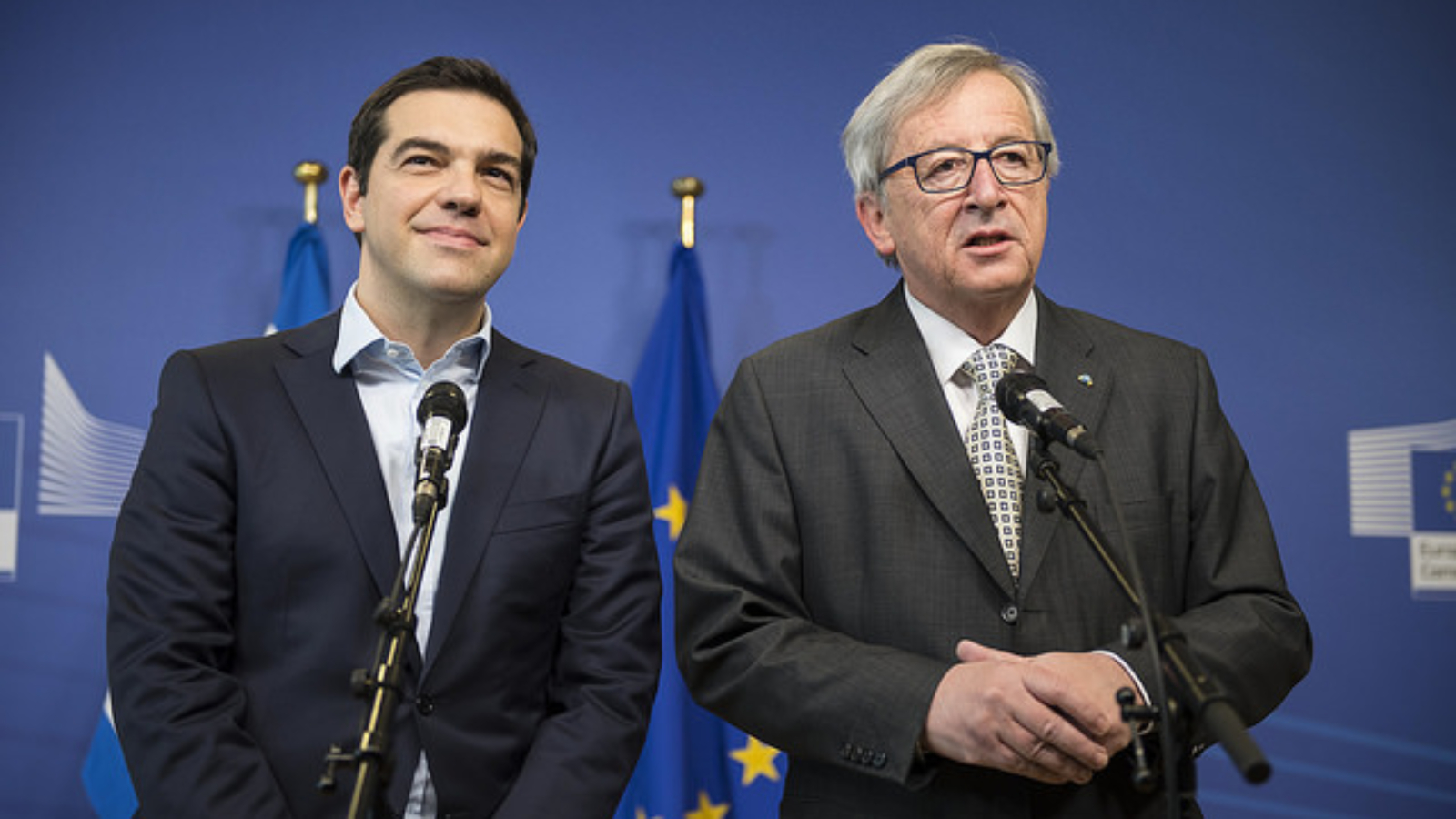By Loukas Tsoukalis
ATHENS—During the difficult days we are living through, days that will likely set the future course of our country for decades to come, let us attempt to look carefully at some of the basic facts that have come to light in the past months.
Since the new Greek government was elected on promises that had no hope of being realized (you will tell me they are not the first to make such promises, and you wouldn’t be wrong), the new leadership began negotiations with some solid arguments, such as the sustainability of the debt and the negative consequences of an excessively harsh period of austerity. Of course, such arguments, in the beginning, were usually understood to be well-intentioned, by allies both at home and abroad.
The new government managed, however, to destroy everything with a lethal combination of arrogance and the diplomatic grace of an elephant. Uniting the 18 countries of the eurozone, and especially their finance ministers against your cause is a significant accomplishment that guarantees you a place in history. Are we the only ones in the right, and everyone else is in hostile opposition? This is how the seeds of paranoia are planted.
A critical mass has emerged in Europe, made up of strong political and economic actors who believe that Greece must be driven toward an exit from the eurozone, and that the cost of one potential departure will be completely manageable for the remaining members. As for us, however, they suggest giving us humanitarian aid, as they would to countries that have suffered major catastrophes.
The category of those who want Greece out of the eurozone includes disciples of extreme austerity, some who want to use us as an example to be avoided, and more broadly those who are convinced that Greece cannot meet the minimum requirements of a stable common currency. This category in particular has swelled in recent months as the result of our own erratic policy. The recommendations of the creditors in the last phase of negotiations were truly extreme and likely to lead to an impasse, but the dogmatism of those who imposed such recommendations was compounded by our own stance.
The question to be put to voters in Sunday’s referendum is clearly misleading (so as not to use more serious terms such as ‘manipulation’ or ‘deception’ of the Greek people). The issue before our people is not the proposal of the creditors, which is no longer on the table anyway, but rather the fundamental question of whether the Euro is or should be part of Greece’s future. Today’s government will not strengthen its negotiating power with a ‘No’ in the referendum because it has run out of both time and credibility abroad, while the Greek banking system has already experienced shifts that cannot be reversed. As for those who see the future in the drachma, let us ponder, among so many other open questions, through what mechanism and in what fashion might today’s government manage a return to a national currency, which would be an extremely challenging task for countries with strong institutions and experienced politicians—capacities that we do not have.
Even at the last minute, I hope there might be some compromise with the European partners so we can avoid the referendum, and the resulting division and economic disaster, though such a prospect is unlikely. Since we are indeed being led to the polls, we must say a resounding ‘Yes’ to the European future of the country, essentially refusing to answer the specific question being posed to us, because it is misleading. Moving forward, we must account for damages and carefully begin to build again. But not as we did before. If we do not recognize the mistakes of the decades that have brought our country to where it finds itself today, then we will really have no hope.
*****
*****
Loukas Tsoukalis is Professor of European Integration at the Athens University, and serves as President of the Hellenic Foundation for European and Foreign Policy (ELIAMEP). He will be the Pierre Keller Visiting Professor at Harvard University beginning in January 2016.
[Photo courtesy of Αλέξης Τσίπρας Πρωθυπουργός της Ελλάδας]